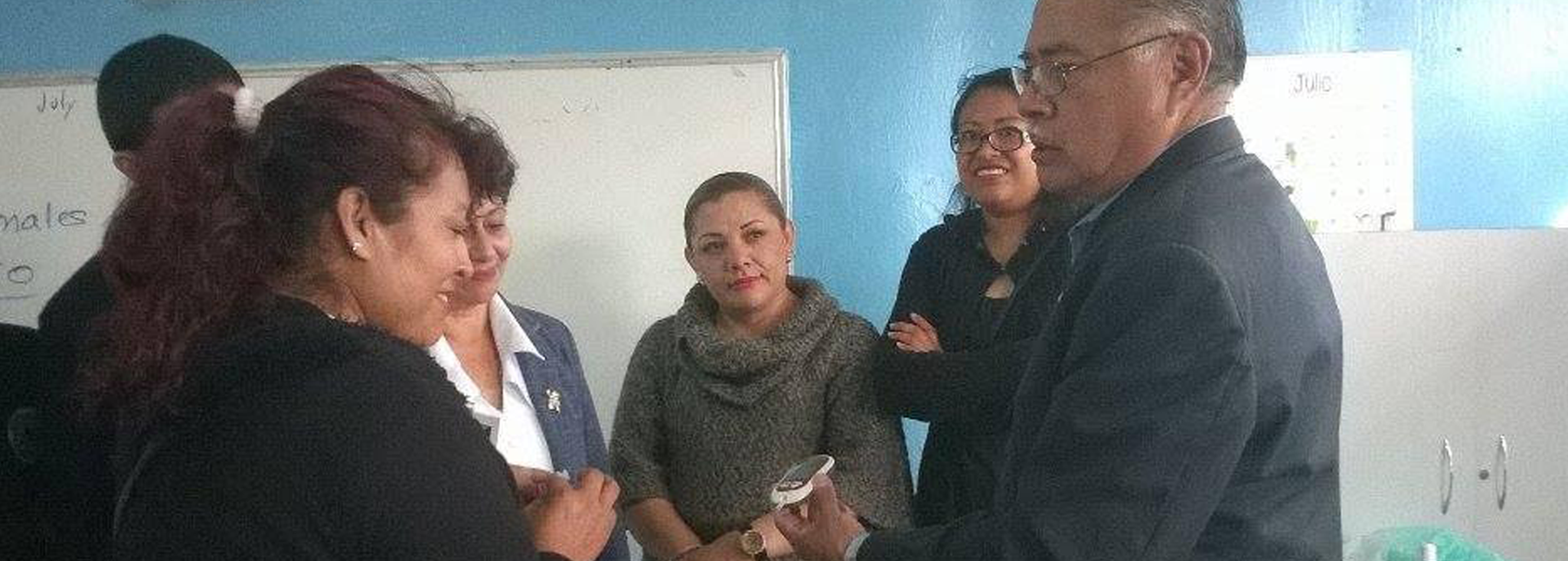I Help the Unprotected in México
Editor’s note: We spoke with Mr. José Guadalupe. He is dedicated to sharing his knowledge with all people. He works to teach people the seriousness of not having information about this condition and provides them the knowledge to live with it, manage it well and thus have a better quality of life.
How did you find out you had diabetes?

I had one of its complications, neuropathy, in my right leg. I went to the General Hospital of Mexico, where I officially received my diagnosis. I lived with diabetes for a long time and didn’t know it. It was at that moment that I began to learn about my condition.
Tell us about your work, what do you do? Why is it important to you?
I dedicated myself to sharing my knowledge of diabetes with all the people who need it. I need people to realize the seriousness of not having information about it, especially knowing how to live with it, manage it well and thus to have a better quality of life.
My job consists of sharing what I’ve learned with those who need it, especially at health centers and clinics, schools, health clinics and churches. I focus on rural populations such as San Miguel Tlaixpan, the community of Tláminca, Chalco Valley. I also visit metropolitan areas like Nezahualcóyotl, Ixtapaluca and other areas of Mexico City. We should all be granted health rights to achieve good management and work as we can to minimize severe complications.
What kind of lasting impact do you hope to make on the lives of people with diabetes?
I hope my experiences and what I’ve learned about diabetes can help people in my community understand it’s very much possible to live a high quality of life. Life doesn’t end at diabetes; there’s still so much life to live. If anything, your attitude on your outcomes can have a big impact as well. I’m also hopeful that others will have the great satisfaction of knowing they’re learning from their experiences and that they, too, are bearers of this message of life for others who are having trouble accepting diabetes in their lives.
How can our readers help you?
You can help people who don’t speak Spanish but speak various dialects. Literacy, especially health literacy, is such a big issue. There are many who cannot even read and I believe it’s our responsibility to help them gain those skills so they feel confident in applying information about diabetes into their own lives. We need to join forces and work together to promote awareness and diabetes education among the most vulnerable, the unprotected.






